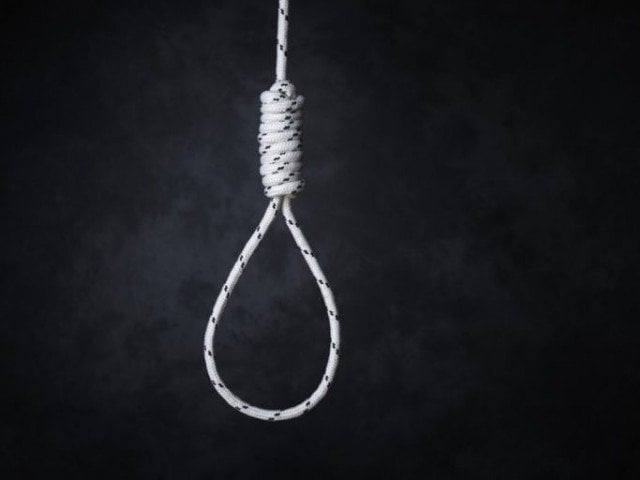Death penalty waiver for extradited suspects reviewed
Senate panel reviews Section 3 of PPC and proposed amendment

Senate panel reviews Section 3 of PPC and proposed amendment. PHOTO: FILE
The subcommittee reviewed Section 3 of the Pakistan Penal Code 1860 (Act XLV of 1860) and the proposed amendment.
The law reads: 'Punishment of offences committed beyond, but which by law may be tried within Pakistan. Any person liable, by a Pakistani law, to be tried for an offence committed beyond Pakistan shall be dealt with according to the provision of this Code for any act committed beyond Pakistan in the same manner as if such act had been committed within Pakistan.”
The proposed amendment reads: “Provided that where the accused has been extradited into Pakistan or brought into Pakistan under any arrangement with a foreign country or authorities other than extradition or where against an accused any evidence is used in the court which has been obtained from a foreign country, the court, upon conviction, may punish such accused with any punishment provided for the offence except punishment of death.”
Police investigate ‘stoning to death’ of minor girl over honour in Dadu
The committee was informed that the purpose of the bill was to open possibility of suspects back to the country as the punishment of death came into contradiction with the punishment of various countries and provision of this punishment led to the reluctance in sharing evidence and handing over the culprits.
The committee met with Dr Shehzad Waseem in the chair and was attended among others by Kalsoom Parveen, Azam Swati and officials of the interior ministry.
In April this year, the government said the federal cabinet had approved amending Section 302 of Pakistan Penal Code of 1860 to remove a hurdle in the way of extradition of politically influential people from the EU.
It added that the decision to waive the death penalty would help in extradition of the Muttahida Quami Movement (MQM) founder Altaf Hussain, former finance minister Ishaq Dar and Hussain Nawaz and Hasan Nawaz – sons of former prime minister Nawaz Sharif.
The EU laws bar extradition of people to the countries that have capital punishment.



















COMMENTS
Comments are moderated and generally will be posted if they are on-topic and not abusive.
For more information, please see our Comments FAQ